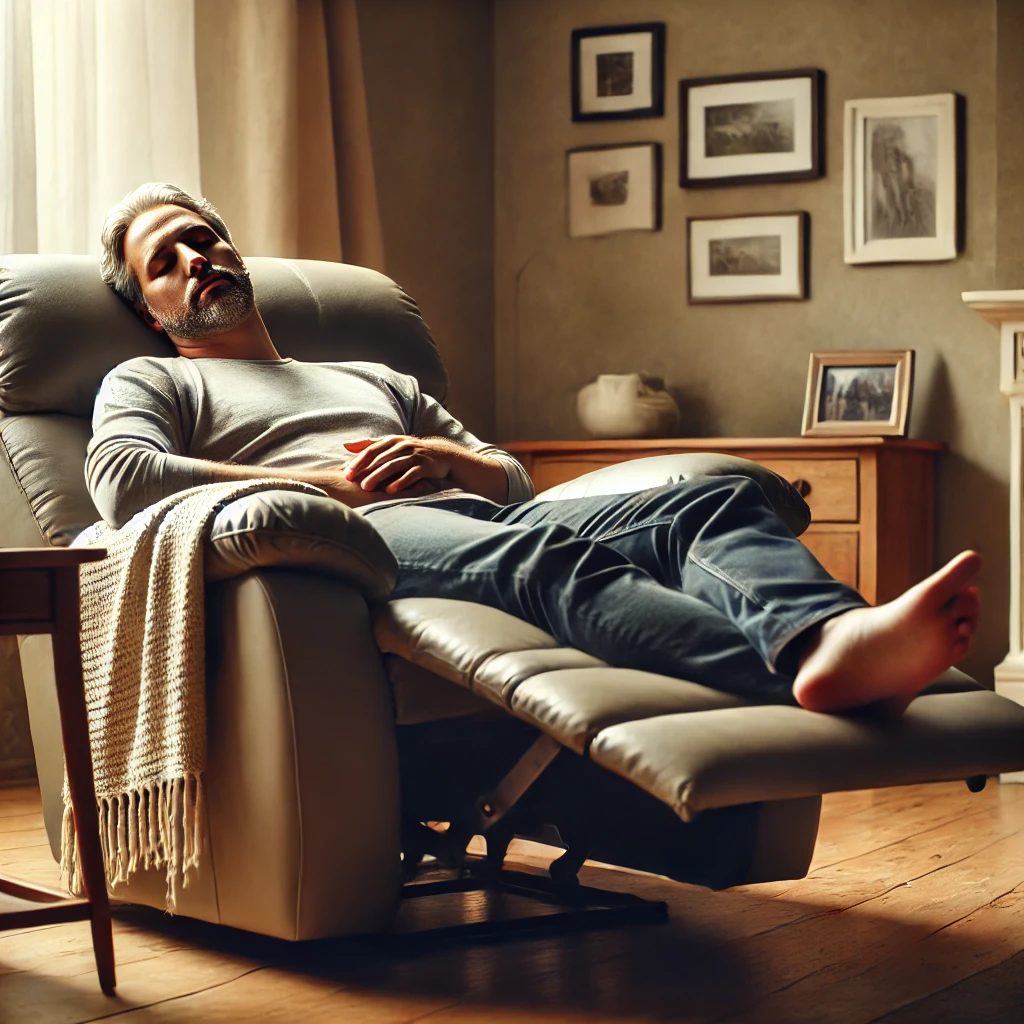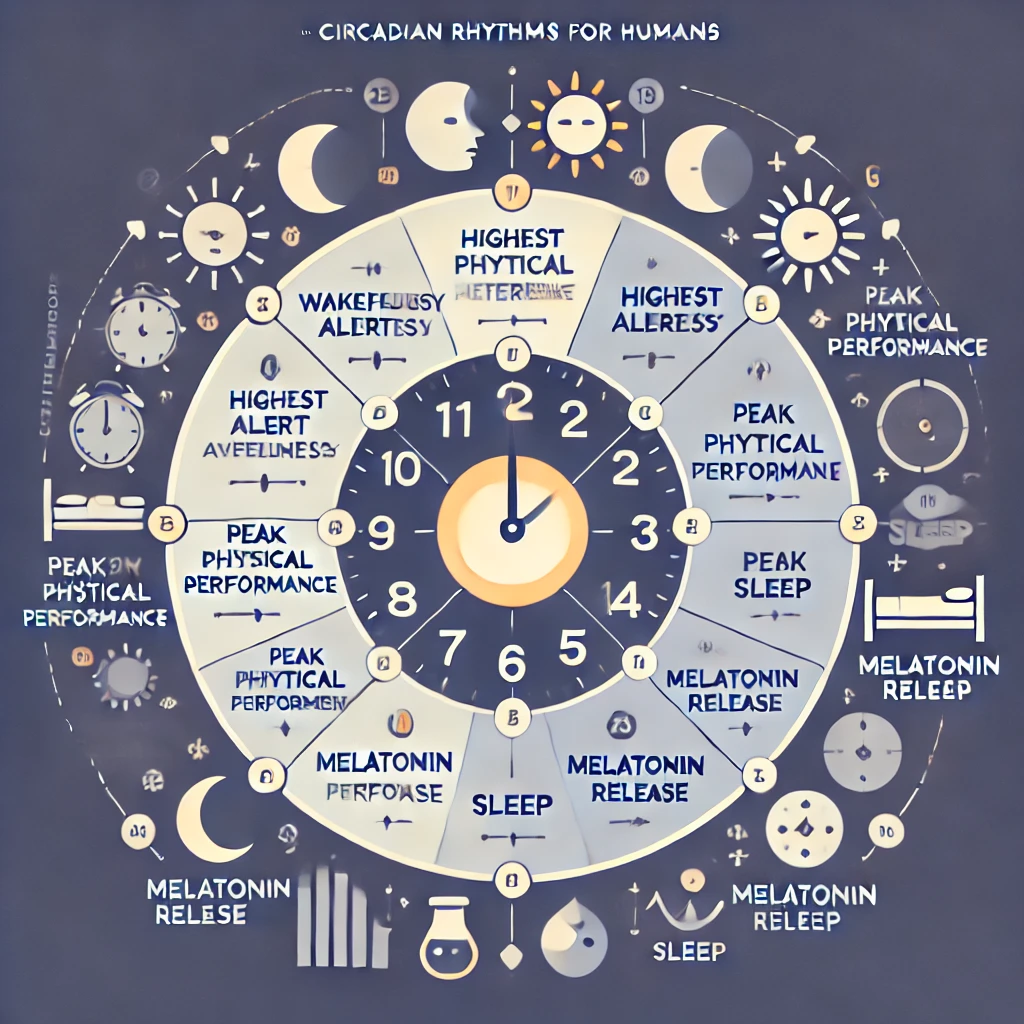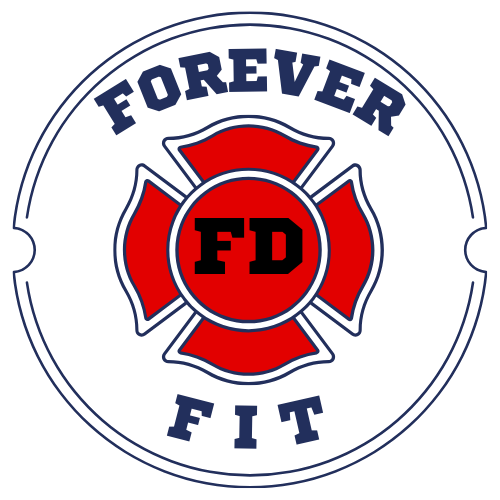For firefighters, the intense physical and mental demands of the job make sleep a vital component of overall health and recovery. Yet, with irregular shifts, nighttime emergencies, and the stress of the profession, getting enough quality sleep can be a constant struggle. In this guide, we’ll walk you through proven strategies that can help you maximize recovery and optimize your sleep, leaving you feeling energized and ready for action.

Understanding the Importance of Sleep for Firefighters
Sleep and Its Role in Physical Recovery
Sleep is your body’s natural recovery system. After long, physically demanding shifts, quality sleep helps repair muscles, replenish energy stores, and reduce inflammation. Without sufficient rest, recovery slows down, making you more susceptible to injury.
Cognitive and Emotional Benefits of Quality Sleep
Aside from physical recovery, sleep also plays a critical role in cognitive function. Quality sleep enhances your ability to make quick decisions, react to emergencies, and remain focused. It also helps with emotional regulation, which is key for firefighters dealing with high-pressure, life-threatening situations.
Unique Sleep Challenges Faced by Firefighters
Irregular Shifts and Circadian Rhythm Disruptions
Firefighters often face erratic schedules that disrupt their circadian rhythm—the body’s natural sleep-wake cycle. Transitioning between day and night shifts can confuse your internal clock, making it harder to fall asleep and stay asleep during off-hours.

Stress and Anxiety from Emergency Responses
Firefighters experience high levels of stress due to the unpredictable and often dangerous nature of their job. This can lead to difficulty winding down after shifts, contributing to insomnia or poor sleep quality.
Sleep Disorders Common Among Firefighters
Chronic exposure to stress and irregular sleep patterns can lead to sleep disorders like sleep apnea, insomnia, and even restless leg syndrome. These disorders can further impact your energy levels, focus, and overall health.
Optimizing Sleep for Firefighters
Building a Sleep-Conducive Environment
Ideal Bedroom Setup for Better Sleep
A sleep-conducive environment is key to improving rest. Your bedroom should be quiet, dark, and cool. Investing in blackout curtains, earplugs, or white noise machines can help create a peaceful environment where you can rest, even during daylight hours.
Managing Light and Temperature for Optimal Rest
Keeping your room at a cool temperature—around 60-67°F—can promote deeper sleep. Additionally, reducing light exposure before bedtime by dimming the lights or using blue light filters on screens can signal to your brain that it’s time to sleep.
Pre-Sleep Routines to Enhance Sleep Quality
Relaxation Techniques for Winding Down
A bedtime routine that includes relaxation techniques like deep breathing, progressive muscle relaxation, or meditation can help your body and mind transition into sleep mode. This is especially important after a stressful shift when adrenaline levels are high
Limiting Blue Light Exposure Before Bed
Blue light emitted from screens can interfere with your body’s melatonin production, making it harder to fall asleep. Avoid screens for at least an hour before bed or use blue light blocking glasses if screen time is unavoidable.
Nutrition and Hydration for Better Sleep
Best Foods to Promote Restful Sleep
Certain foods can aid in better sleep. Foods rich in tryptophan, magnesium, and melatonin—like turkey, almonds, and cherries—promote relaxation and help you fall asleep faster.
Foods to Avoid Close to Bedtime
Caffeine, alcohol, and heavy meals should be avoided close to bedtime, as they can interfere with your ability to fall asleep. Opt for lighter, more digestible snacks like a banana or some yogurt if you need a pre-bedtime snack.

Staying Hydrated Without Disrupting Sleep
While hydration is important, drinking too much water before bed can lead to frequent bathroom trips, disrupting sleep. Try to balance your fluid intake throughout the day to avoid this issue.
The Role of Naps in Firefighter Recovery
Short, Strategic Napping
Short naps (around 20-30 minutes) can be incredibly effective for recovery, especially if you’re dealing with sleep deprivation. A power nap can boost alertness and energy without leaving you groggy.
How to Nap Effectively During a Shift
Finding time to nap during long shifts is essential. Creating a quiet, dark, and comfortable space—even if it’s just for a short nap—can help you recharge and perform better when you’re called back into action.
Preparing for 24-hour and Night Shifts
Pre-Shift Sleep Strategies
Before starting a night shift, it’s crucial to get some rest. A nap in the afternoon or early evening can prepare you for the long night ahead, allowing you to stay more alert during your shift.
Post-Shift Recovery Tips
After a night shift, winding down and getting rest is key. Avoid caffeine near the end of your shift and aim to create a quiet, dark environment at home so you can fall asleep quickly after returning from work.
Managing Sleep Disorders Among Firefighters
Recognizing Common Sleep Disorders
Sleep disorders like sleep apnea, insomnia, and restless leg syndrome are more common among firefighters than the general population due to the demanding nature of the job. Recognizing the symptoms—like snoring, waking up tired, or difficulty falling asleep—is the first step in addressing them.
When to Seek Professional Help for Sleep Issues
If you’re experiencing chronic sleep issues or suspect you may have a sleep disorder, seeking professional help is crucial. Sleep specialists can provide a range of treatments, from lifestyle changes to medical interventions, that can significantly improve your sleep quality.
Integrating Sleep with Physical Fitness for Enhanced Recovery
How Exercise Impacts Sleep Quality
Regular physical activity improves sleep by reducing stress and promoting deeper sleep cycles. However, intense workouts close to bedtime can have the opposite effect, so it’s essential to time your exercise for earlier in the dayI will begin creating the article following the structure modeled from Precision Nutrition, keeping it entirely unique, SEO-optimized, and tailored to your audience. Let’s start with the first part.
Always Focus On Firefighter Sleep Recovery…
After years of selfless service, it’s time to prioritize you. At Forever Fit For Duty, we know that quality sleep is the foundation of true recovery. As a current or former firefighter, you’ve earned your rest—but are you getting the kind of sleep that truly fuels your body?
Don’t let the demands of your career steal away your health. Discover proven strategies that can transform your sleep, improve your recovery, and revitalize your energy.
Leave a comment now with your biggest takeaway from this article or any questions that hit you as you read it.
Your next shift may be tough, but with the right rest, so are you. Take action today and experience the difference.

P.S. Learn how you can properly utilize sleep and recovery to get into optimal shape and enjoy your retirement—CLICK HERE TO LEARN MORE
